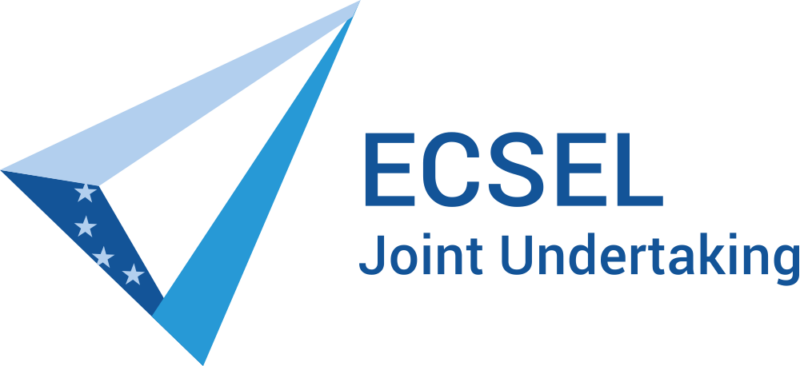Aspects of Foreign Object Detection in a Wireless Charging System for Electric Vehicles Using Passive Inductive Sensors
Abstract: If the energy transfer for charging the traction battery of an electric vehicle takes place wirelessly and with inductive components, the active area of the charging system must be monitored for safety reasons for the presence or intrusion of metallic objects that do not belong to the charging system. In the past, different concepts for such monitoring have been described. In this paper, passive inductive sensors are used and characterized based on practical measurements. With this type of sensor, the detectability of metallic foreign objects is very closely related to the characteristics of the magnetic field of the charging system. By optimizing the geometry of the sensor coils, the authors show how foreign object detection can be improved even in areas with low excitation of the foreign objects and the sensor coils by the magnetic field. For this purpose, a charging system, with which charging powers of up to 10 kW have been realized in the past, and standardized test objects are used. Furthermore, the thermal behavior of the metallic test objects was documented, which in some cases heated up to about 300 °C and above in a few minutes in the magnetic field of the charging system. The results show the capability of passive inductive sensors to detect metallic foreign objects. Based on the measurements shown here, the next step will be to simulate the charging system and the foreign object detection in order to establish the basis for a virtual development and validation of such systems.




